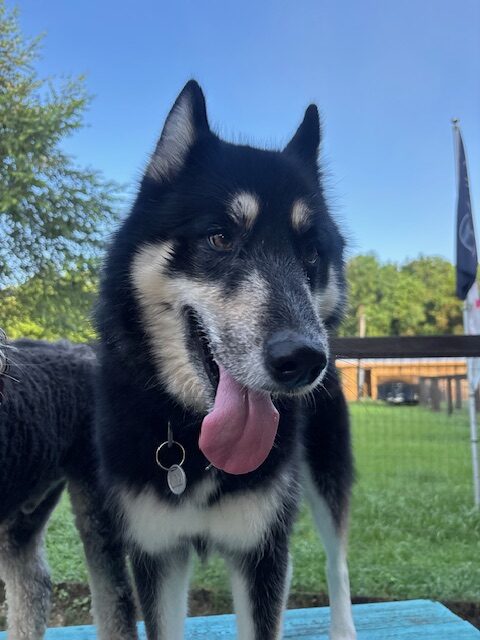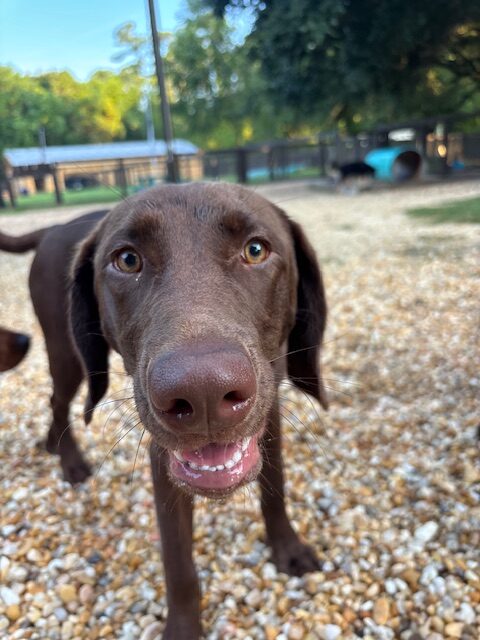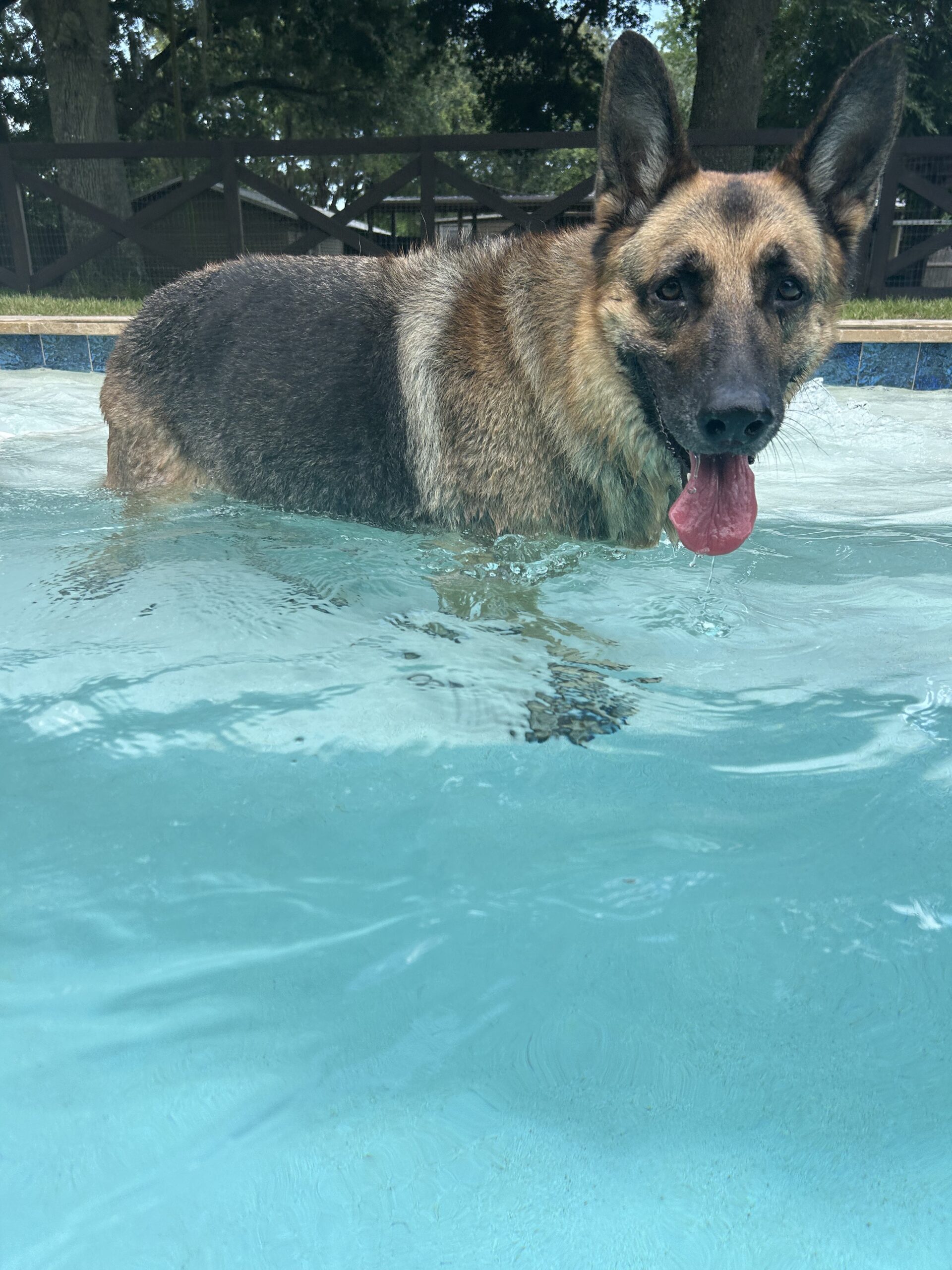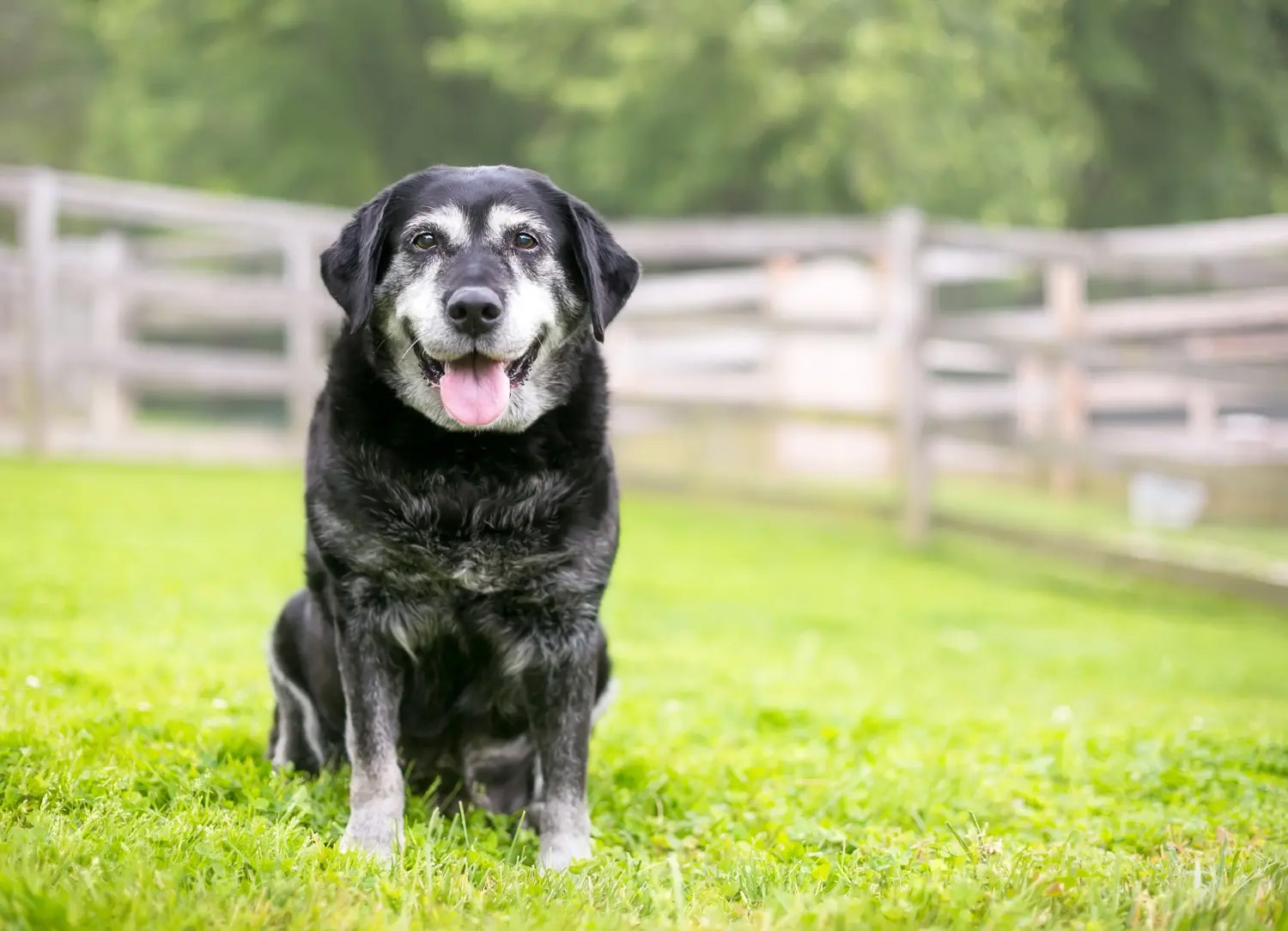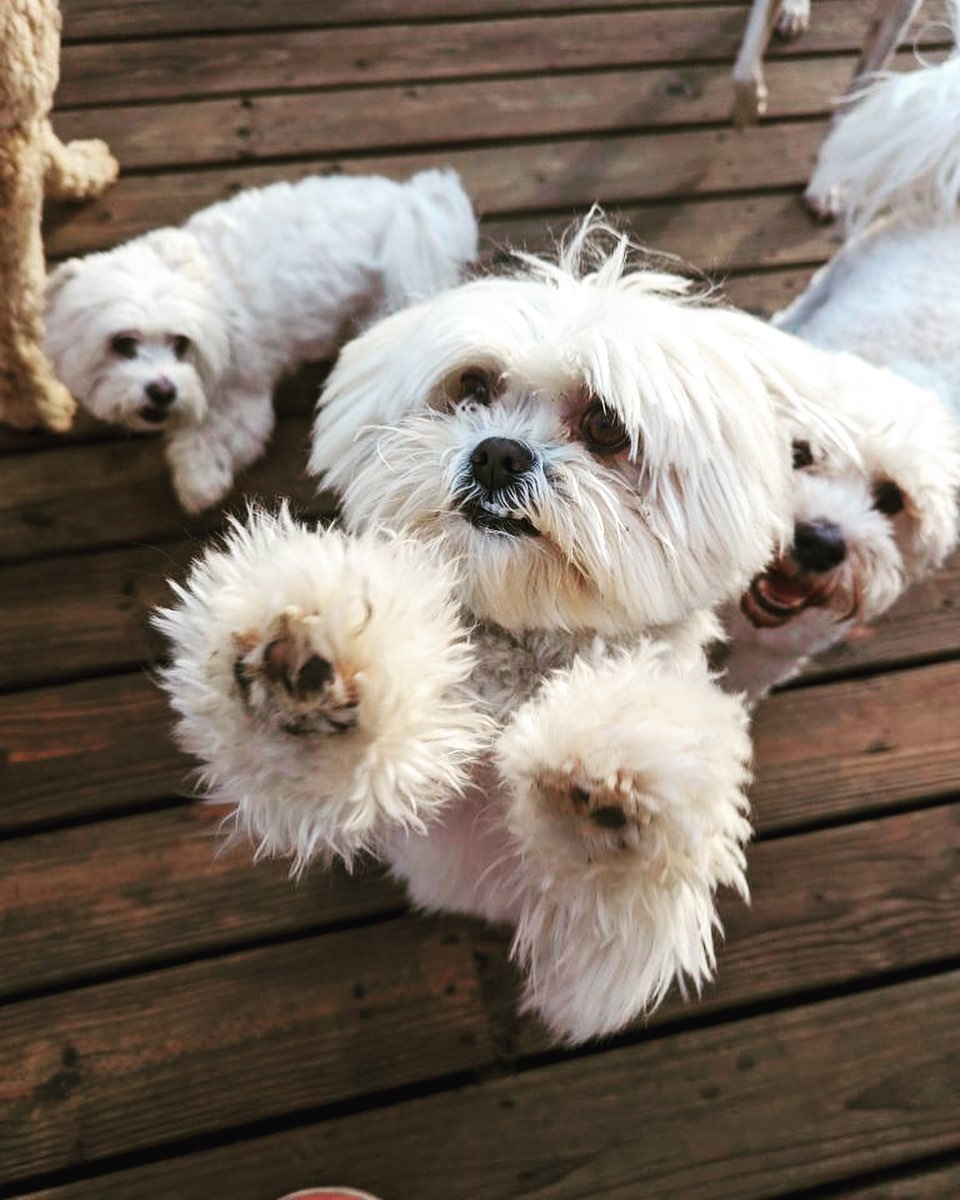Raising a well-adjusted dog begins long before basic commands or obedience training. Early socialization plays a critical role in shaping a puppy’s behavior, confidence, and overall well-being throughout life. Introducing puppies to new experiences, people, and other dogs in a safe and structured way sets the foundation for a happy, adaptable adult dog. At SeaPaws, we understand the importance of guided socialization, and our daycare and resort services provide an ideal environment for puppies to grow into confident, well-mannered companions.
What Is Puppy Socialization?
Puppy socialization is the process of exposing a young dog to a variety of experiences, environments, and interactions during a critical developmental period, typically between 3 and 16 weeks of age. This exposure helps puppies learn how to respond appropriately to new situations, build confidence, and develop healthy social skills. Socialization isn’t just about meeting other dogs—it includes interacting with people of all ages, experiencing different sounds and surfaces, and learning to navigate unfamiliar environments.
Proper socialization ensures that puppies grow into adults who are less fearful, less anxious, and more adaptable to change. Dogs that are not exposed to varied experiences early in life may develop behavioral issues, including aggression, excessive fear, or difficulty in social situations.
The Role of Interacting with Other Dogs
One of the most important aspects of puppy socialization is interaction with other dogs. Controlled play sessions allow puppies to learn communication skills, such as reading body language, understanding play cues, and respecting boundaries. Puppies who engage in positive interactions with other dogs are less likely to develop aggression or fear-based behaviors later in life.
Structured environments, like SeaPaws’ daycare, provide safe opportunities for puppies to meet dogs of similar size, temperament, and play style. Professional staff supervise interactions to prevent rough play or negative experiences, ensuring that each puppy learns positive social behaviors in a safe and supportive setting.
Exposure to Different People and Environments
Puppies must also become comfortable around a variety of people and surroundings. Meeting children, adults, and strangers helps them build confidence and prevents fearfulness in new situations. Likewise, exposure to different environments—such as parks, streets, and vehicles—teaches puppies to remain calm and adaptable in the face of unfamiliar stimuli.
Early exposure doesn’t mean overwhelming a puppy. Gradual introductions and positive reinforcement are key to helping a young dog develop confidence without stress. Rewarding calm, curious, or friendly behavior encourages puppies to associate new experiences with positive outcomes, reinforcing good habits for life.
Mental Stimulation and Confidence Building
Socialization isn’t just about physical play; it also involves mental stimulation. Introducing puppies to different textures, sounds, toys, and challenges encourages problem-solving skills and resilience. Confidence-building exercises, such as short walks on varied terrain or supervised exploration of new spaces, help puppies trust their own abilities and develop independence.
Mental stimulation also reduces boredom, which can lead to destructive behaviors. By combining social interaction, play, and cognitive challenges, puppies develop a well-rounded set of skills that serve them throughout their lives.
The Long-Term Benefits of Early Socialization
Puppies that are properly socialized experience numerous benefits:
-
Improved behavior: Well-socialized dogs are more likely to interact calmly with other dogs, people, and new situations.
-
Reduced anxiety: Exposure to varied environments and experiences lowers the risk of fear-based behaviors.
-
Better adaptability: Dogs that encounter new situations early are more flexible and resilient as adults.
-
Enhanced bonding: Confident, socialized dogs tend to form stronger connections with their owners.
Investing time and care into early socialization sets the stage for a lifelong positive relationship between dog and owner, as well as a happy, well-adjusted pet.
How SeaPaws Supports Early Socialization
At SeaPaws, we provide a safe, structured environment where puppies can explore, play, and interact under professional supervision. Our team understands canine behavior and ensures that each puppy is introduced to age-appropriate activities, other dogs, and gentle training exercises. By providing controlled socialization opportunities, SeaPaws helps puppies build confidence, learn appropriate social skills, and develop habits that will serve them well into adulthood.
Our daycare and resort services also support busy pet owners by giving puppies consistent, positive exposure to social interactions even when their families are away. This consistency is crucial, as regular engagement reinforces good behavior and prevents setbacks in social development.
Conclusion
Raising a confident, well-behaved dog starts with socialization. From interacting with other dogs to experiencing new environments and people, early exposure shapes a puppy’s behavior for life. Structured socialization, mental stimulation, and positive reinforcement are essential components of healthy development.
By prioritizing socialization, owners can ensure that their puppies grow into adaptable, confident, and happy adult dogs. Facilities like SeaPaws provide the ideal setting to guide puppies from their earliest days through this critical period, helping them reach their full potential—from playful puppy to well-rounded canine companion.

